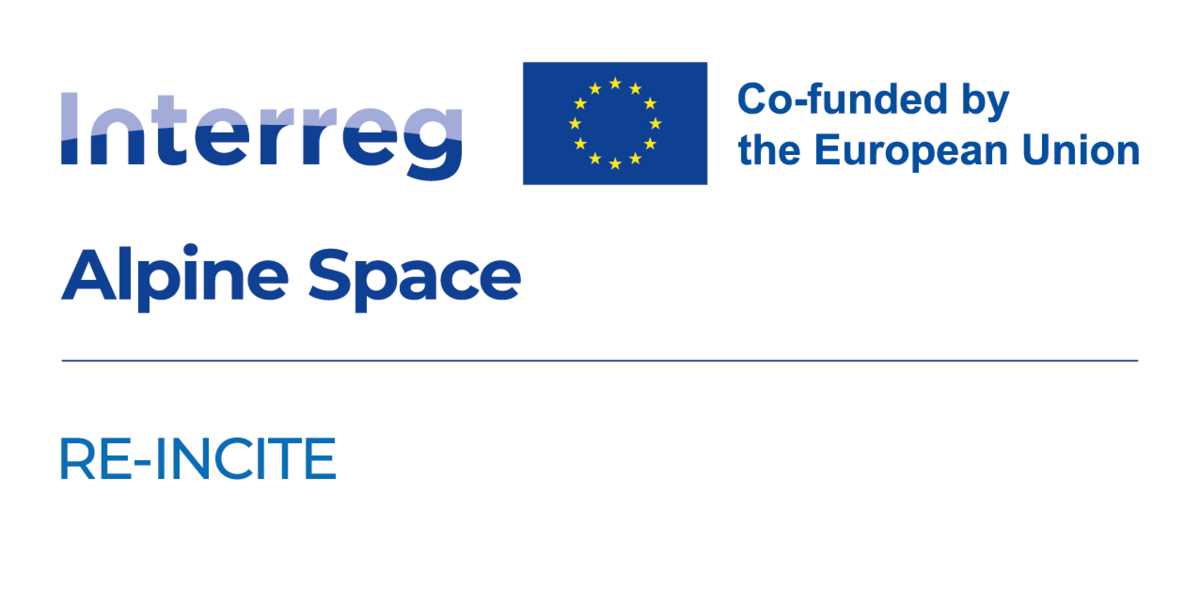RE-INCITE
Clusters enable municipalities to collaboratively build circular economy value chains.

Most Alpine regions have set up circular economy (CE) strategies but struggle to implement them. Turning industrial waste streams into secondary material for other industries is key to implementing CE. It reduces CO2 footprint and dependencies from raw material sources. Regional administrations need expert knowledge to incite the optimal regional development processes and funding schemes. RE-INCITE tackles the challenge of establishing and implementing CE in the Alpine region. The project aims to create a new cross-sectorial and cross-border governance nucleus that might serve as a new role model connecting clusters and municipalities. It helps regional public authorities to implement (macro)-regional CE strategies.
With the project partners Wirtschaftsförderung Raum Heilbronn GmbH (WFG), Anteja, Biz-up, COMET, and Wirtschaftsförderung Stuttgart (WRS), RE-INCITE empowers clusters to help municipalities across the Alpine Space collaboratively build circular economy (CE) value chains. By transforming industrial waste into valuable secondary materials, the project aims to reduce CO₂ emissions and reliance on raw materials, making the region more sustainable. Leveraging best practices from Basel, Stuttgart, and Ljubljana enables effective knowledge transfer.
Objectives of the project are:
- Establish a circular economy (CE) in the Alpine Space
- Reduce CO₂ emissions and raw material dependencies
- Bridge the gap between CE strategies and implementation
- Activate resilient circular supply chains in four partner regions, built around pilot projects and guided by lighthouse municipalities
- Deliver concrete actions across CE roadmaps, one for each project partner region
- Leverage the soft power of industrial clusters to:
- Influence and support companies in changing behaviors toward circular practices.
- Act as advisors and knowledge brokers for their members and municipalities.
- Strengthen collaboration between clusters and municipalities
- Create a cross-sectorial and cross-border governance model that links clusters and municipalities as a blueprint for broader CE implementation.
- Facilitate knowledge transfer and inspiration by using Stuttgart, Basel, and Ljubljana as role models for other regions and municipalities involved in the project.
This will be reached through our activities:
- Strategic cross-sectoral supply chain analysis of four municipalities and pilot specific strategy definition of the pilots
- Building and strengthening relationships between municipalities and clusters across policy and governance-levels
- Collaborate with municipalities to implement their place-based strategy towards resilient circular supply chains
You can connect with us through the project website and our LinkedIN:
